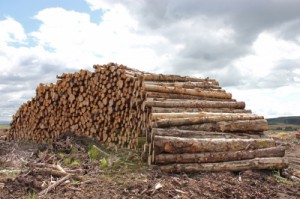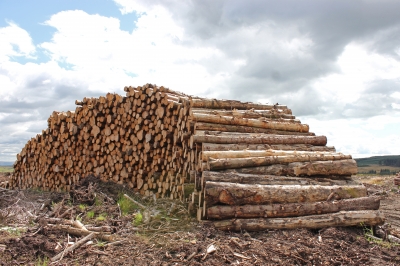 Philippine furniture exporters reiterated their call for government to act on pressing industry concerns before these issues “kill” the industry.
Philippine furniture exporters reiterated their call for government to act on pressing industry concerns before these issues “kill” the industry.
Myrna Bituin, trustee for the furniture sector of the Philippine Exporters Confederation, Inc (PHILEXPORT), said Executive Order 23 poses major difficulties to manufacturers and exporters, causing the closure of many big and small furniture companies.
The EO’s coverage has caused confusion among enforcers, she said, noting that a clarificatory press release from the Department of Environment and Natural Resources (DENR) is in order.
“Our trucks are stopped on the road even if they are carrying plantation species which are exempted from EO 23,” she noted. “This does not only cause delay in production and shipment of furniture products, but is also costing us a lot.”
EO 23 entitled “Declaring a moratorium on the cutting and harvesting of timber in the national and residual forests and creating the Anti-Illegal Logging Task Force”, was issued in February 2011 as government’s response to widespread flooding and landslides in Mindanao, Eastern Visayas and Bicol where scores of people have died and were displaced.
The directive imposes an indefinite log ban to be implemented by the DENR with assistance from Interior Secretary Jesse Robredo, Defense Secretary Voltaire Gazmin, Philippine National Police chief Director General Raul Bacalzo and Armed Forces of the Philippines chief Ricardo David.
Under the EO, the DENR is restricted from issuing logging permits and contracts “in all natural and residual forests,” including renewing tree-cutting permits in all forests all over the country.
The only exceptions to the log ban are those that involve the “clearing of road right of way, site preparation for tree plantations… provided that all logs derived from these permits shall be turned over to DENR for proper disposal.”
Cutting of trees that have been part of cultural activities of indigenous peoples “may be allowed only subject to strict compliance with existing guidelines of the DENR,” the EO stated further.
The EO also tasked the DENR to prohibit the operation of sawmills, veneer plants and other wood processing plants “that are unable to present proof of sustainable sources of legally cut logs for a period of at least five years within one month from effectivity of this EO.”
Aside from the clarificatory press release, Bituin said industry players have offered other suggestions to help address concerns of their members and assist the Anti-Illegal Logging Task Force do its job better. One is the installation of CCTV cameras at check points as deterrent against extortion activities which many of their members have been suffering from, she said.
Another is to set up a hotline for exporters for related issues.
Bituin added furniture exporters are also advocating for the streamlining of import requirements provided in the DENR Administrative Order 99-46 especially in light of the logging moratorium.
“If we cannot use local wood, then we should have easier access to imported wood and other materials so that our production will not be hampered,” she explained. “But as it is, the requirements for us to secure consular authentication for our imports is not only impossible and costly in countries where we do not have foreign posts. We also find this irrelevant.”
Come March 2013, furniture exporters face another challenge with the implementation of the requirement to be certified under the Forest Stewardship Council standards of sourcing from sustainable forests.
“We are not yet ready. Government has to accredit third-party certifiers under this program. This is another area of discussion with and resolution by the DENR,” said Bituin.
Stack Of Felled Wood by Dr Joseph Valks
Image courtesy of www.freedigitalphotos.net





